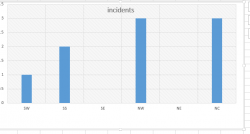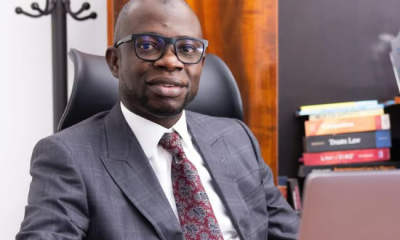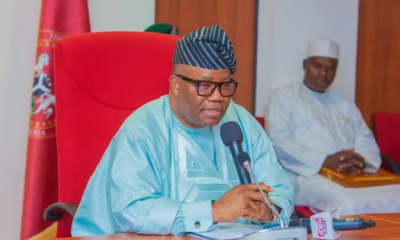With a raft of public issues and laws gaining a nod of approval by lawmakers and other political office holders, things are about to take shape, according to public analysts who see hope, their sarcasm notwithstanding.
Reason: The heat has got to the leaders. Those who escape armed attacks during elections aren’t free from kidnapping, the one big menace that has fluttered Nigerian politicians in their cocoon.
Nigerian federal lawmakers recently proposed a bill criminalizing payment of ransom, seeking a 15-year jail term for the payer and anyone that aids or abets such.Kidnapping has been ravaging Nigeria since 2010, but the victims were largely expats and oil workers in the Niger Delta. The menace would later spread across the country, herdsmen being major criminals, the victims being businessmen and their families, and other members of the upper middle class.
Kidnapping eventually became a federal crime in 2020. That was the year five politicians, including federal and state lawmakers, local government and chairmen were snatched by the criminals.
Data from 2016, when the tide turned against political office holders, indicates no fewer than nine have been kidnapped up till now.

The northwestern and the north-central parts of Nigeria have the highest, three apiece, followed by Edo with two incidents. The southwest had one.
Katsina, Kaduna, and Kano are now riskier for Nigeria political class in northwest, while Taraba mainly in the north-central has witnessed more kidnapping than other states in the region. In the south-south, Edo and Rivers have recorded incidents, while Oyo remains the only state in the southwest.
Obviously, the spate is increasing. Two political officer holders have been kidnapped about the first quarter of 2021—compared to five last year—and one in 2017 and 2016 respectively.
Many Nigerians believe their lawmakers and other representatives become sensitive only when they become victims of any kind of social injustice they can wing with money or connection.
Restructuring, for instance, has been a hot potatoes in public debates since 1999. It’s just getting to lawmakers and political office holders now.
Days ago, the 17 governors in the southern part met in Asaba, Delta, to take a position in favour of restructuring—after 20 years.

 Featured1 week ago
Featured1 week ago
 Crime1 week ago
Crime1 week ago
 Featured1 week ago
Featured1 week ago
 Editorial4 days ago
Editorial4 days ago
 Business6 days ago
Business6 days ago
 Agribusiness2 days ago
Agribusiness2 days ago
 Business3 days ago
Business3 days ago
 Featured3 days ago
Featured3 days ago


